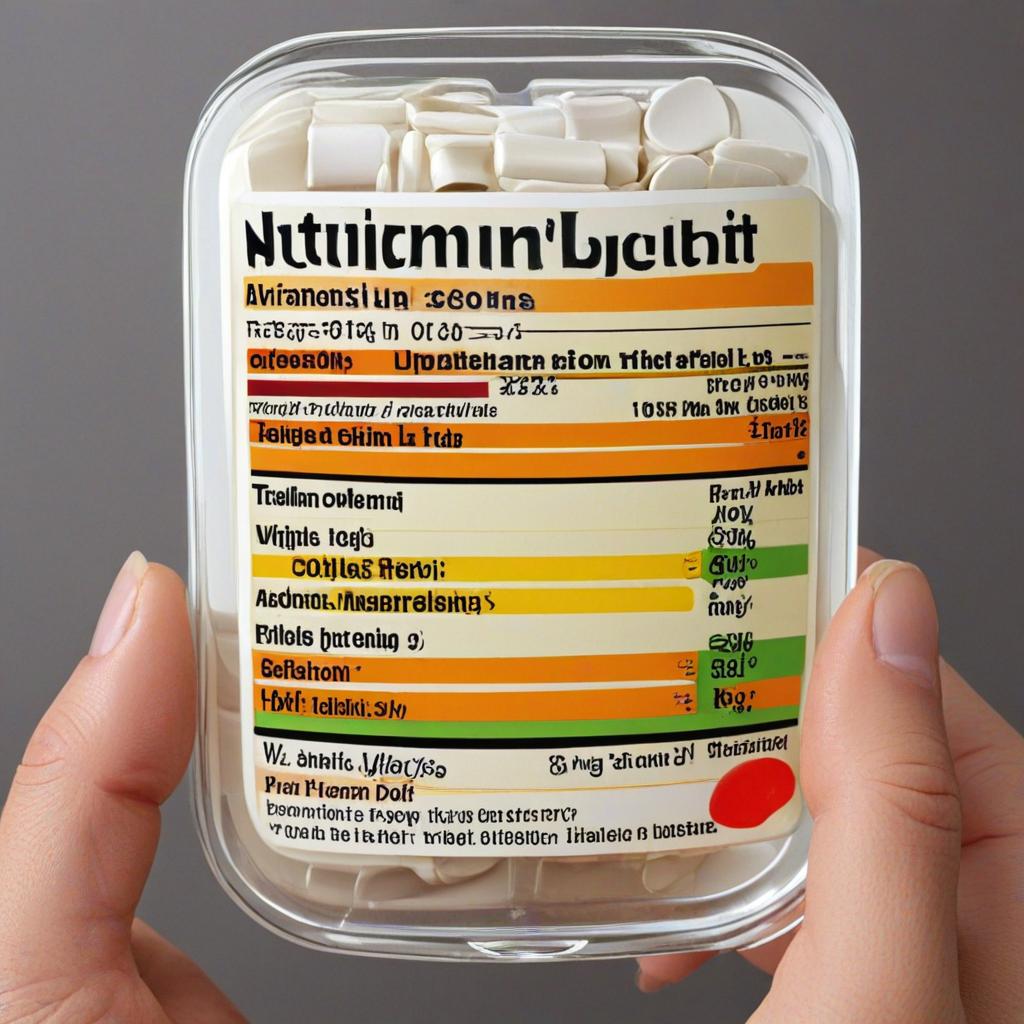
In North Port, the lack of vitamins in one’s diet can have a significant impact on both energy levels and weight loss. Without the necessary vitamins, the body may struggle to efficiently convert food into energy, leading to fatigue and lack of motivation for physical activity. In addition, vitamin deficiencies can hinder the body’s natural metabolism, making it harder to lose weight and maintain a healthy balance. It is crucial for individuals in North Port to prioritize a nutrient-rich diet to avoid these negative effects and improve overall well-being.
The Importance of Vitamins in Our Diet
When it comes to maintaining a healthy lifestyle, proper nutrition is key. We have all heard the saying “you are what you eat”, and this statement holds true when it comes to our energy levels and weight. Our bodies need a variety of vitamins and minerals to function properly, and any deficiencies in these essential nutrients can have a significant impact on our energy and weight loss goals. In this blog post, we will explore the relationship between vitamin deficiencies and their impact on energy and weight loss in North Port.
B Vitamins: The Energy Boosters
B vitamins are essential for maintaining energy levels in our bodies. They help convert food into energy and play a key role in metabolism, the process of turning food into fuel for our bodies. The B vitamin complex includes thiamine, riboflavin, niacin, pantothenic acid, B6, biotin, folate, and B12. Each of these vitamins serves a unique purpose in the energy production process. For example, thiamine helps to convert carbohydrates into energy, while B12 is crucial for red blood cell production, which carries oxygen throughout our body. A deficiency in B vitamins can result in fatigue, weakness, and low energy levels.
The Link between Vitamin D and Weight Loss
Vitamin D is another critical nutrient for maintaining energy levels, but it also plays a role in weight loss. Our bodies need vitamin D to absorb calcium, which is essential for maintaining strong bones. However, vitamin D also helps regulate our hormones, including insulin, which controls our blood sugar levels. Studies have shown that individuals with low levels of vitamin D may have a harder time losing weight due to insulin resistance. Additionally, vitamin D deficiency has been linked to an increased appetite, which can also contribute to weight gain.
The Role of Magnesium in Energy Production
Magnesium is often referred to as the “master mineral” because it is involved in over 300 biochemical reactions in our bodies. One crucial function of magnesium is its role in energy production. This mineral helps convert food into ATP, the body’s main energy currency. Magnesium also supports nerve and muscle function, which is essential for physical activity and weight management. A deficiency in magnesium can lead to fatigue, muscle weakness, and low energy levels.
How to Ensure You Are Getting Enough Vitamins
Now that we understand the importance of vitamins in our energy and weight loss goals, it’s essential to know how to make sure we are getting enough of these nutrients in our diet. The best way to ensure you are meeting your daily vitamin requirements is to eat a well-balanced diet consisting of fruits, vegetables, whole grains, and lean proteins. However, some individuals may require supplementation due to dietary restrictions or absorption issues. Consulting with a healthcare professional can help determine if you may benefit from taking a multivitamin or specific vitamin supplements.
In conclusion, vitamin deficiencies can have a significant impact on our energy levels and weight loss goals. Incorporating a variety of whole foods into our diet and potentially supplementing with vitamins can help ensure we are meeting our body's requirements for optimal health. By prioritizing proper nutrition, we can boost our energy levels and support our weight loss journey in North Port.


